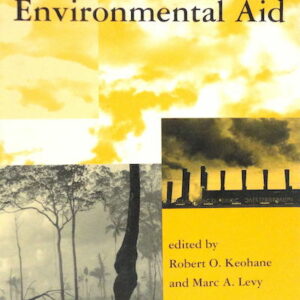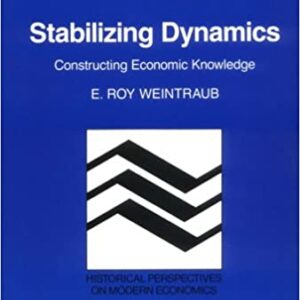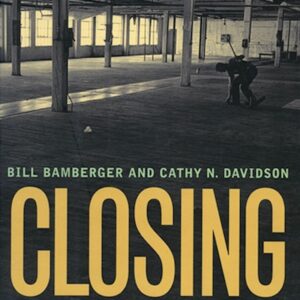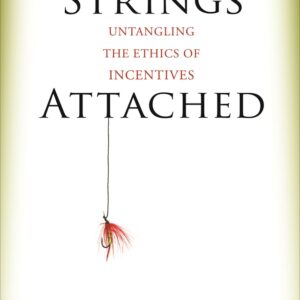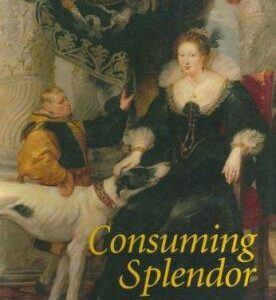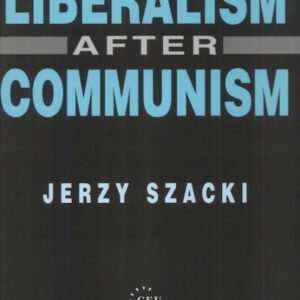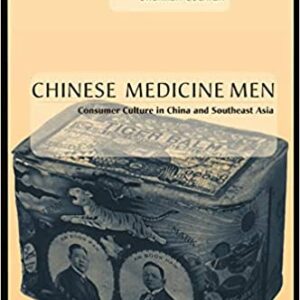
Chinese Medicine Men: Consumer Culture in China and Southeast Asia
By Sherman Cochran (NHC Fellow, 2002–03) In this book, Sherman Cochran reconsiders the nature and role of consumer culture in the spread of cultural globalization. He moves beyond traditional debates over Western influence on non-Western cultures to examine the points where Chinese entrepreneurs and Chinese-owned businesses interacted with consumers. Focusing on the marketing of medicine, he shows … Continued
